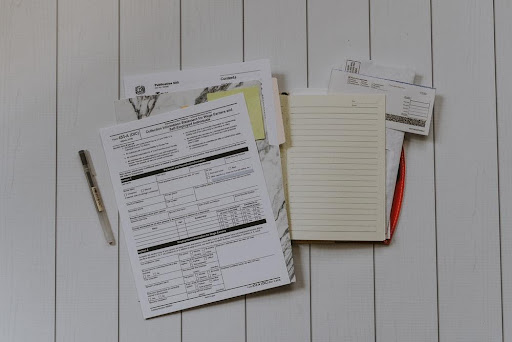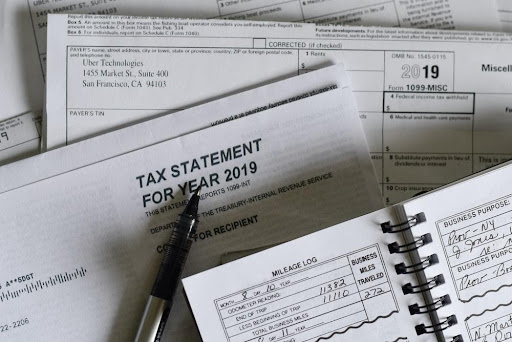
FBAR is an acronym for the Foreign Bank Account Report, which Congress created in 1970. It’s a report that every person with over USD 10,000 in foreign bank accounts has to file with the U.S. Treasury Department on their tax return each year. The purpose of this law is to make it easier and faster for authorities to identify people having foreign financial assets and locate those who might have been involved in illegal activities abroad. This blog post will discuss everything you need to know about FBAR.
What is FBAR?
The Foreign Bank Account Report is a form that every person with foreign bank accounts files each year with the United States Treasury. It’s a form containing all the information about your foreign accounts and other financial data about you. This report must be filed no later than 60 days after the end of the tax year. This law is designed to make it easier for authorities to identify people with foreign financial assets and locate those who might have been involved in illegal activities abroad.
Who must file FBAR?
Everyone with over USD 10,000 worth of foreign bank accounts must file an FBAR each year with the U.S. Treasury Department. This includes both U.S. citizens and non-U.S. citizens, but only if they have lived in the United States for at least 60 days during the tax year preceding their filing of this form. If you are a non-U.S. citizen, you will need to file this form if you have at least one foreign bank account with a balance of USD 10,000 or more during the tax year preceding your filing of this form.
Is FBAR required for all people?
No. This form is only required for people with foreign bank accounts who have lived in the United States for at least 60 days during the tax year preceding their filing of this form.
What information must be included in FBAR?
The FBAR must include a list of all foreign bank accounts you have with a balance of more than USD 10,000 during the tax year preceding your filing of this form. Each account must be listed separately, and it must also be identified by account number and branch name. You also need to include information about each account, including the type of account (i.e., checking, savings), its location, the name of the owner, the date it was established, whether you are a U.S. citizen or not, and any other information that you think is necessary to complete this form properly.

What happens if I don’t file FBAR?
If you do not file an FBAR, you will be subject to a penalty of USD 10,000 each time you fail to file one. The penalty is USD 10,000 for each quarter that you have not filed the FBAR. If you are a non-U.S. citizen and have more than one foreign bank account with a balance of more than USD 10,000 during the tax year preceding your filing of this form, then you will be subject to a penalty of USD 50,000 for each quarter that you have failed to file an FBAR. If this happens once in three quarters, the total penalty increases by USD 100,000 per quarter.
Are you looking for experienced tax consultant in San Jose? You’ve come to the right place! A Nidhi Jain CPA.we’ve got a team of certified tax accountants that can file your taxes efficiently and handle all the paperwork. Our professionals can also help you with the FBAR process. We also deliver top-of-the-line bookkeeping and payroll services in bay area to help you manage your financial records accurately. You can reach out to us here for more details.





